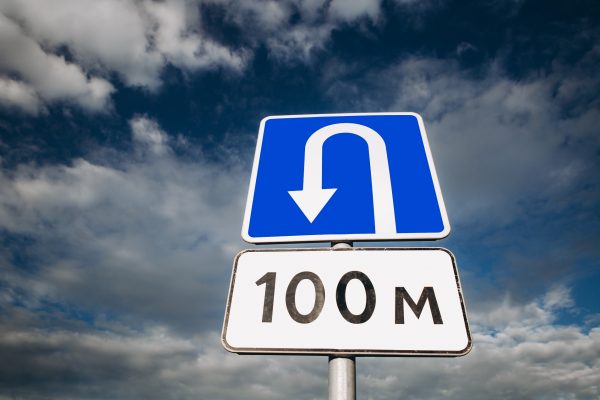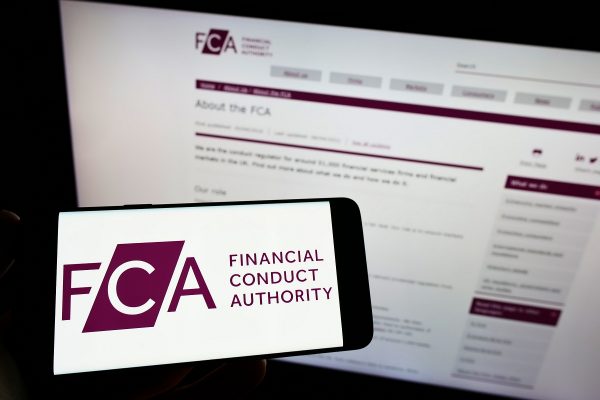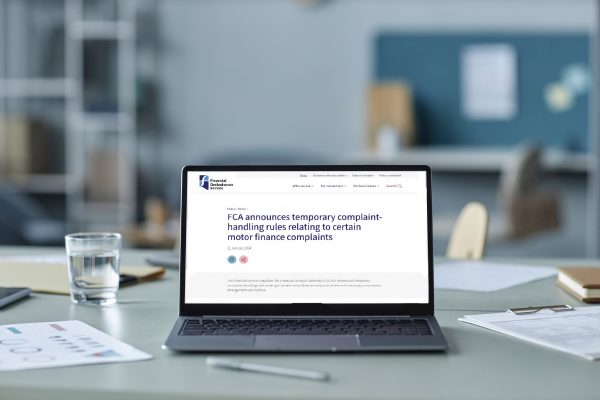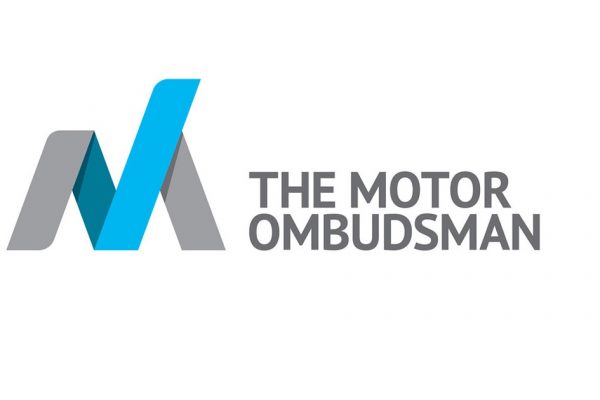Author: Dennis Chapman
Published: May 12, 2014
Reading time: 1 minute
This article is 11 years old.
Read our disclaimer keyboard_arrow_down
This website content is intended as a general guide to law as it applies to the motor trade. Lawgistics has taken every effort to ensure that the contents are as accurate and up to date as at the date of first publication.
The laws and opinions expressed within this website may be varied as the law develops. As such we cannot accept liability for or the consequence of, any change of law, or official guidelines since publication or any misuse of the information provided.
The opinions in this website are based upon the experience of the authors and it must be recognised that only the courts and recognised tribunals can interpret the law with authority.
Examples given within the website are based on the experience of the authors and centre upon issues that commonly give rise to disputes. Each situation in practice will be different and may comprise several points commented upon.
If you have any doubt about the correct legal position you should seek further legal advice from Lawgistics or a suitably qualified solicitor. We cannot accept liability for your failure to take professional advice where it should reasonably be sought by a prudent person.
All characters are fictitious and should not be taken as referring to any person living or dead.
Use of this website shall be considered acceptance of the terms of the disclaimer presented above.
If you pay money to a wrong account there is no guarantee you will get it back. It is a travesty of justice but it’s the way it is.
The situation is improving from May 2014 because many banks are signing up to a new Code of Best Practice published by the Payments Council. The Code sets down a clear process for the bank to follow and give what assistance it can in retrieving the money. If the service is not up to scratch then a complaint can be made to the Financial Ombudsman Service.









